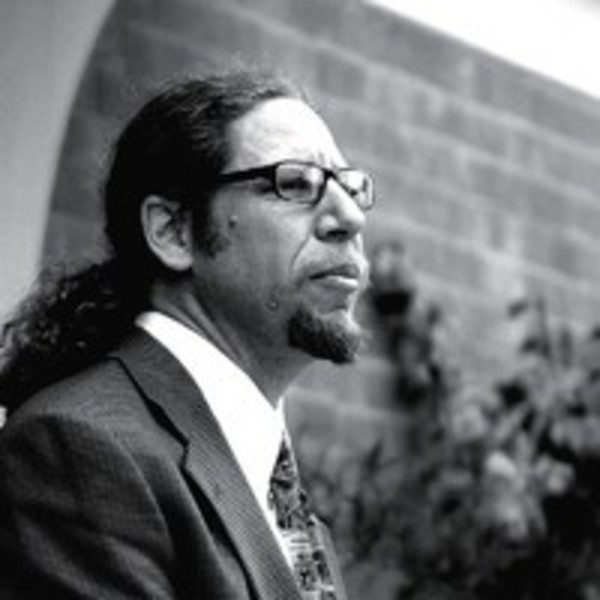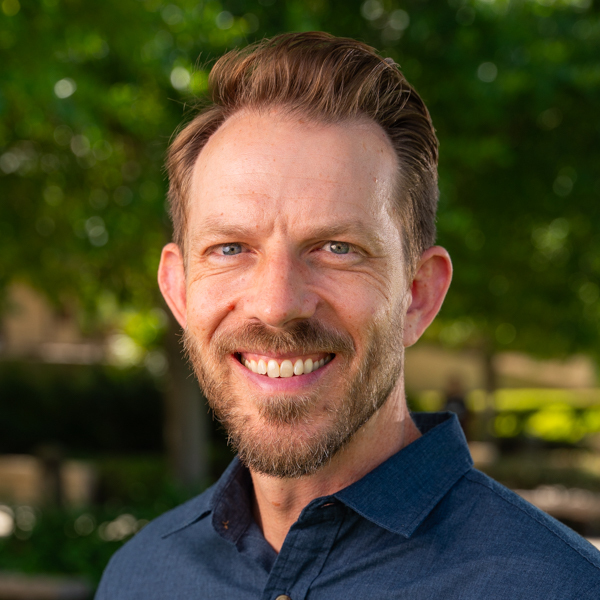B.A. in Philosophy
Overview
Jesus calls his followers to love God “with all your mind.” Philosophy is a discipline that equips us to grow in that capacity. Biola’s philosophy major will challenge you to think deeply about humanity’s most enduring questions: What is real? What can we know? How should we treat one another? In the process, you will gain practical skills that prepare you for a broad range of careers and graduate programs.
In addition to its strong curriculum, expert faculty members and biblical integration, Biola’s philosophy program offers several key advantages:
- Biola’s Talbot School of Theology is home to a nationally recognized master’s degree in philosophy — the largest Christian program of its kind — which affords many lecture and event opportunities to philosophy undergraduate students.
- Skills gained in the philosophy major include the ability to ask good questions and expose underlying assumptions, and biases and concepts, and write clearly, concisely and precisely.
- Biola’s location in Southern California — one of the world’s largest and most diverse metropolitan areas — is ideal for internships and job opportunities.





